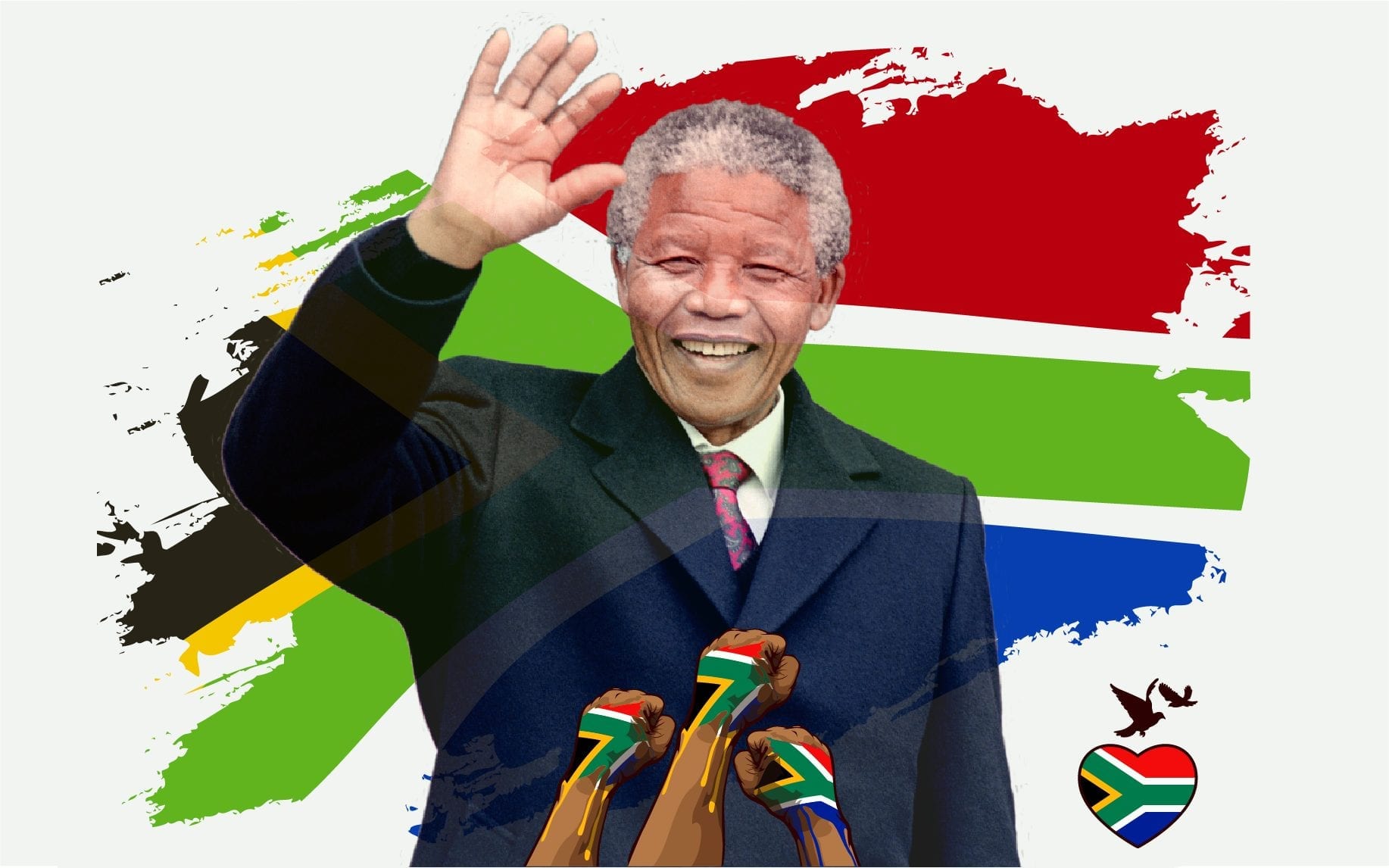ETHICS or moral philosophy is a branch of philosophy and knowledge that deals with moral principles. It involves systematising, defending and recommending concepts of right and wrong behaviours or the conducting of an activity.
A moral compass helps people make ethical decisions by helping to determine which actions would help or harm others, society or the environment. It also helps people see how their actions can have consequences for other people and cultures.
It is used in reference to a person’s ability to judge what is right and wrong and therefore act accordingly – an internalised set of values and objectives that guide a person with regard to ethical behaviour and decision-making. Morals guide your individual behaviour within a society.
Your moral compass is your personal set of beliefs and values regarding right and wrong. The four most prominent values are integrity, forgiveness, compassion and responsibility. Leaders who are grounded by these four principles create very successful organisations, communities, societies and countries.
These four universal principles are honoured in some form by all people and find expression in the four fundamental moral norms of fairness, altruism, trust and cooperation, and as a matter of course play a prominent role in shaping many everyday social interactions. Even currency has morality.
Morality is about ethics and ethics is about morality, right, honesty, fairness, integrity, principles, conscience, value, responsibility and choices. It is about wholesomeness and is a fundamental requirement to achieve success for individuals, companies, human societies and countries.
Ethical behaviour builds trust, which is the glue that holds the electorate to their elected leaders. There is an increasing focus on purpose beyond profits and on inclusion and sustainability.
In fact, it is about public well-being – greater purpose and the common good. Values are the principles that help you to decide what is right and wrong and how to act in various situations. The Democracy Works Foundation has looked into various aspects that show moral degeneration in South Africa. The decline of morals can be seen through corruption, lack of services and a dishonest government that lacks accountability.
Some of the causes of moral degradation include an “anything goes” attitude; banishment of distance between right and wrong; feeling that morality is dispensable; mercantile greed and redefining morality to suit one’s own self-indulgence.
In 2018, the ministries of Justice, Health and Police announced a nationwide investigation into state attorneys and private practitioners accused of syphoning more than R80- billion from the government through collusion, fraud, and corruption.
Just looking at the year 2019 alone, government figures show that almost R40-billion was lost in the health sector through corruption. The Council for Medical Schemes has warned that fraud, corruption and waste cost the private healthcare system more than R22-billion a year.

In that year, President Cyril Ramaphosa launched the Health Sector Anti-Corruption Forum to tackle corruption in the public and private healthcare sectors. In January 2023, eNCA reported that a construction truck had to be deployed to fix the gravel road before the responsible minister and his entourage arrived for a visit to Mkhondo in Mpumalanga, yet residents in this village use that road daily without anyone caring about their plight.
Even the people charged with looking after our form of faith and worship are not immune. In 2014, Lesego Daniel, a self-proclaimed pastor who started the Rabboni Ministries in Ga-Rankuwa, Pretoria, told his church members to eat grass, which they did.
In social media images, Daniel was seen standing on top of congregants, feeding them grass and slapping women church members as part of a supposed religious ritual. In November 2020, self-proclaimed Prophet Shepherd “Major 1” Bushiri and his wife Mary fled South Africa for his homeland of Malawi after they were accused of fraud and money laundering worth R102- million. – DM

